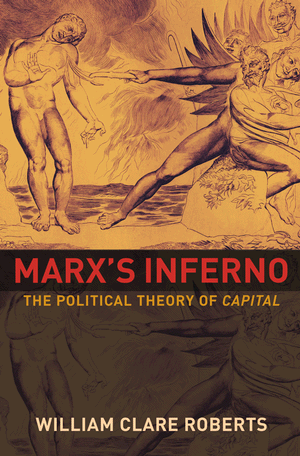
I thought
this discussion of Hiroshima and Nagasaki was interesting, in part because of the various knots utilitarians tie themselves in, and in part because of the observation that not all violence counts as violence in the same way--violence at a distance, for example, is "less violent" than face-to-face violence.
Having taught some Mao last term, I a genuinely curious how a utilitarian would judge his leadership of China. On the one hand, some estimate that 30 million died of famine during the Great Leap Forward. On the other hand,
life expectancy went from 40 years in 1950 to 70 years by the time Mao stepped down--even the Cultural revolution didn't make a dent in decreasing mortality rates--and the
population of China increased from a relatively stable 400-500 million between 1851-1949 to 1.2 billion by 2000. In other words, Mao's leadership seems to have made much more life than death. If you're going to blame him for one, shouldn't you credit him for the other?
My own position on the question of criminality is probably closest to that expressed in JSG's
comment:



